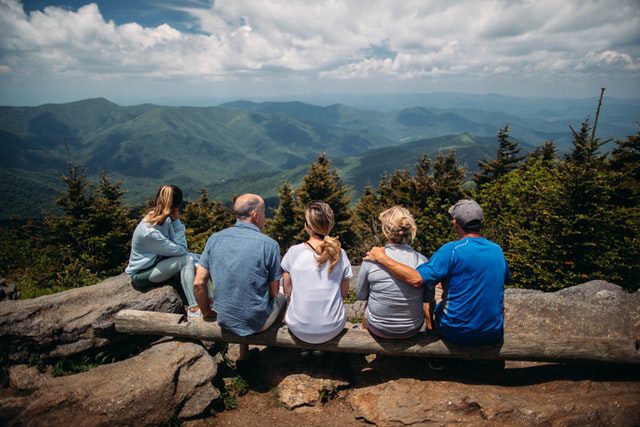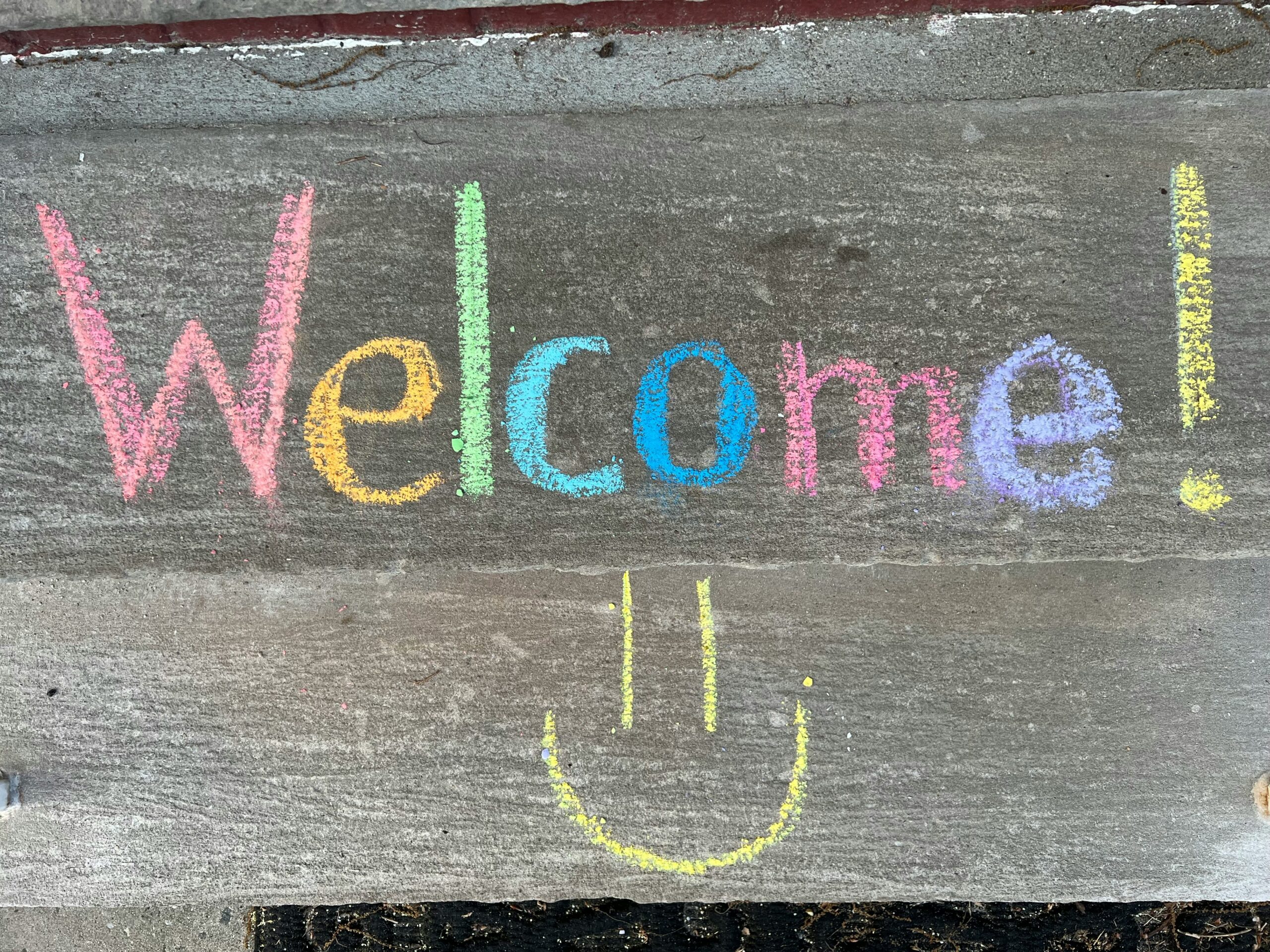Schools might not be open during the pandemic. This doesn’t mean that students should miss out on comprehensive sex education.
A global pandemic, mandated stay-at-home orders, and extended periods of being isolated can shine a light on many things…including all that our country so very often gets wrong with sex ed.
But…this unprecedented time can also create opportunities. Many of our 42 million adolescent Americans—that’s 12.9 % of our population*—are socially distancing, possibly with their families, their parents, and other caring adults. Getting a lot more “quality time,” whether they like it or not. We’re all just figuring out how we get by in this crisis, how we maintain our relationships and balance our health and well-being, while we deal with the much larger crises of a life-threatening virus, unprecedented unemployment, and larger fears about what the future may hold.
School is moving online. Extended families are coming together for meals and visits via video calls. Young people of all ages are balancing social distancing while figuring out how to feel connected. My 7- and 9-year old boys have been able to Facetime their grandparents since each was a toddler, but now they’re doing it much more often, and with their local friends and family, too. It’s a time for new ways of connecting and talking—and also an opportunity for more conversations.
Inevitably, this time of quarantine and close quarters also means an opportunity for conversations about sex. It can be challenging for parents and caring adults and their teens to navigate how to talk about sexuality, but they’re doing it. They don’t need to be experts to do it, either.
But this is true any time. Not just during an extended quarantine. Sex ed can happen everywhere. And it’s not just that it CAN, but rather, it NEEDS to happen everywhere. Young people need high-quality, comprehensive sex education in school, but they also need it in their communities and homes. COVID-19 or not. And that just isn’t happening, unfortunately.
A global pandemic shines a light on the inequities. Not all our young people are getting sex ed, let alone high-quality sex ed. These inequities aren’t created by the pandemic; they’re just highlighted. Teens in rural communities struggle to get to a healthcare provider. LGBTQ+ youth don’t see themselves in skits about straight couples and limited lessons about prevention and heteronormative reproduction. Young people with cognitive and developmental disabilities are desexualized and left out of the sex ed conversation all together. Youth living in red states have less access to confidential contraceptive services, abortion providers, and medically accurate, evidence-based sex ed. And so on. These inequities existed long before COVID-19, and unless we demand better, nothing will change.
All young people have a right to high-quality sex education and health services. We all also have a right to lifelong sexuality education, as an integral part of our overall health and well-being. We can’t compartmentalize it into the classroom or strip it down to just anatomy visuals and prevention lessons. Sexuality education is about life and relationships. It’s about how we connect to not only one another but also ourselves.
But when it only happens in the classroom. Or only talks about straight couples. Or prioritizes prevention over relationships. Or stigmatizes young people who may become pregnant. Or shames us for feeling pleasure. Or tells us lies driven by ideology. Or just doesn’t happen at all. Or…Or…Or…
Our young people lose. Our families lose. Our society loses. We all lose.
For the health and well-being of our nation’s young people, for all of us, we need #SexEdForAll. And we have a right to it. But not just for all, for all people and especially our young people, but for all times. Younger children need to learn about their bodies and consent. Adolescents need to learn about prevention but also relationships and pleasure and so much more. #SexEdForAll isn’t just about sex ed in schools, or a prevention class for teens. #SexEdForAll is about access: access to high-quality, comprehensive sex education and health services. In all places and all times, and absolutely, for all young people.
This May, sexual and reproductive health, rights, and justice partners will once again observe Sex Ed for All Month. This rebranded month of May from Teen Pregnancy Prevention Month to Sex Ed for All Month continues our efforts to support young people whether they choose to postpone pregnancy or become parents, and to provide them with the sexual health information and resources they need to live healthy and fulfilling lives. It’s past time to stand with all young people, empowering them with education on the full range of topics they need to achieve positive outcomes for themselves.








